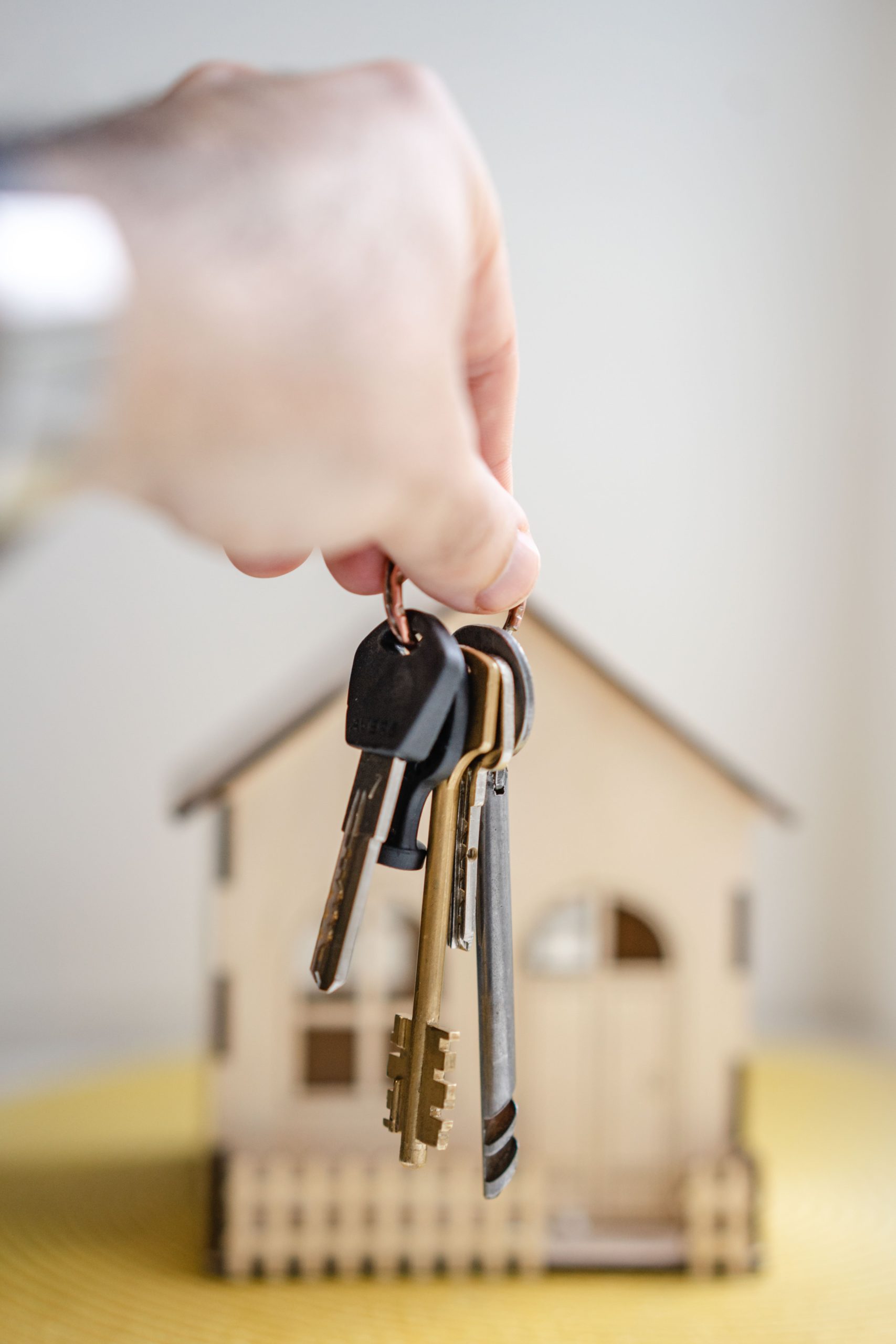Contact us today
 (954) 566-5678
(954) 566-5678
 (954) 566-5678
(954) 566-5678

If you’ve lost your job, fell seriously ill, or find yourself in a property that is a money pit, not a home, falling behind on your mortgage payments adds to this stress. Knowing that your residence could be foreclosed and figuring out what options you have can be overwhelming.
Before assuming you’ve already lost your home or that it won’t be possible to resolve your financial issues to avoid foreclosure, speak with a qualified South Florida attorney about your situation first. There are countless programs and legal avenues to take that can help you minimize the damage to your credit and stop the bank from taking your house.
One of the most serious actions a lender can take against a borrower is filing a Notice of Default. This action lets you know that you have breached the provisions of your mortgage loan contract by becoming delinquent on your payments. Typically, your loan documentation tells you how many you can miss before being considered delinquent and taking action against you.
When this notice is given, it’s usually the last warning you get before your lender begins the process of foreclosure. Once this has been filed with a South Florida court, you have a limited amount of time to rectify your delinquency. Whether you pay the owed debt in full, request a loan modification, or sell the property depends on your situation.
It’s important to keep in mind that even though a Notice of Default sets out the timeline for foreclosure proceedings against you, this step is part of standard protocol. Lenders would rather have you continue paying your loan off and will often work with borrowers to bring their accounts to current despite having filed legal action with the court. Many times, these notices include a grace period to conduct negotiations to resolve the issue.
Another impact a Notice of Default has is its impact on your credit rating. It’s not uncommon for the credit bureau to receive a report of this action against you. This means that you will likely struggle to get approved for a new mortgage or financing for other debts you might have in the future.
In the pre-foreclosure process, a Notice of Default is the first step. As explained earlier, it lets you, the borrower, know that your failure to make the required mortgage payments has made you delinquent. Remember, this document is not an eviction notice, and you don’t have to immediately move when you receive it. Instead, its purpose is to help you understand your loan status and what steps you need to take to fix the problem.
There are several ways you can still avoid a South Florida foreclosure proceeding:
Catch up on late payments. This is probably the most obvious solution, but making the payments you missed will bring your account up to date. In addition, most lenders will likely drop foreclosure actions when borrowers do this.
Apply for a loan modification. Suppose your struggle to afford your mortgage is due to a temporary situation putting a bind on your finances. In that case, your lender may agree to modify your loan to accommodate. Of course, there is no guarantee the bank will agree to modify the terms of your loan agreement, so make sure to have other options in mind if they say no.
You may need to sell your home. Another way to avoid foreclosure is to sell your home and use the proceeds to pay the debt you owe on your mortgage. This is known as a short sale because you likely will have to sell your property for less than it’s worth. South Florida lenders may agree to this lesser amount, but make sure this is true for your case. They do have the right to sue you for the difference.
When you are faced with potentially losing your South Florida home after receiving a Notice of Default, you need a qualified attorney as soon as possible. Not only will you gain a better understanding of what your rights are, but they can determine if the action against you is legal.
Trust Attorney Marc Brown to provide you with over a decade of experience in foreclosure defense. His years representing South Florida lenders make him the smartest choice when seeking aggressive legal representation to protect your home. To schedule a no-cost legal consultation regarding foreclosures and deficiency judgments, call the law offices of Marc Brown today.